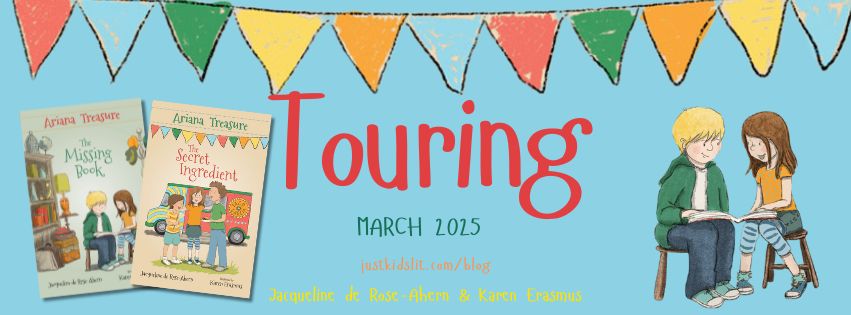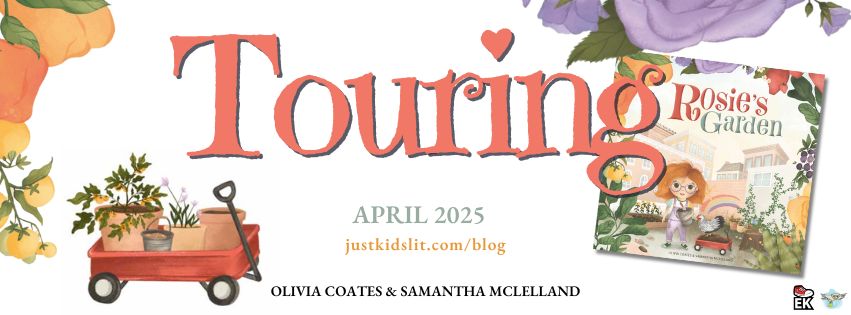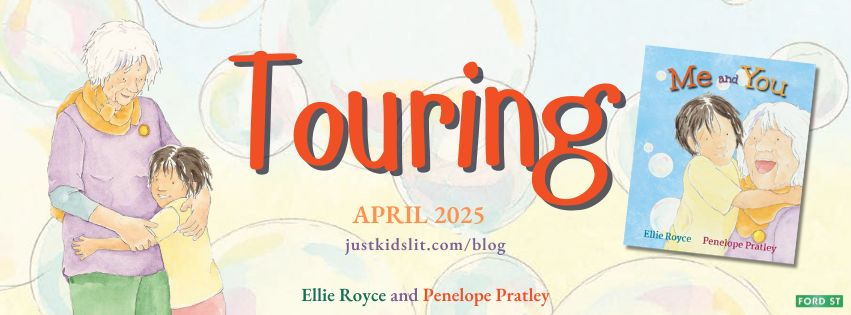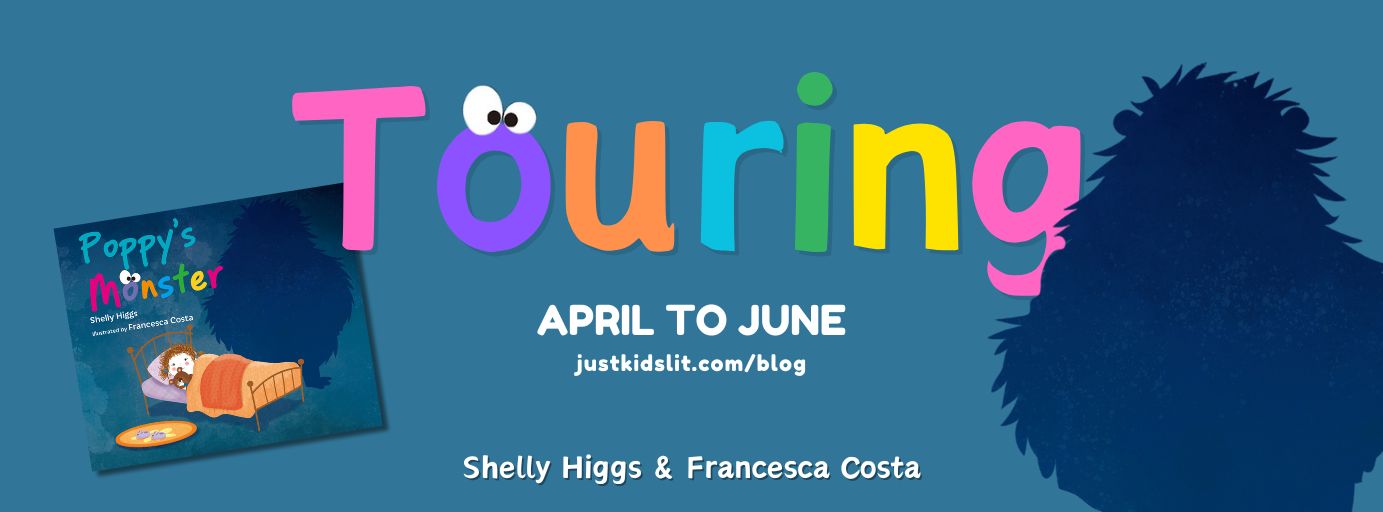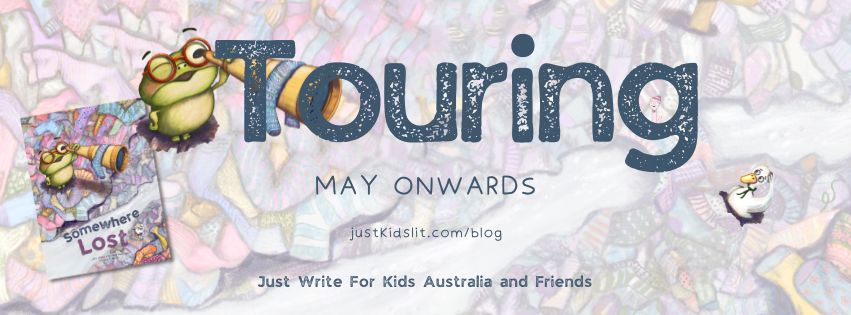#thetroubleintunetown #blogblast #booksontour #day6
Meg from Tune Town joins us in person with her top tips on relieving frustrations and keeping a calm composure when learning and practising new skills. Such a joy to have you here, Meg! 👧🏼 🎷🎻
Dear Meg,
I understand sometimes when you practice playing instruments the notes come out flat and downbeat. How does this make you feel? What do you think causes this?
The notes always sound funny when I practise, especially when I’m learning a new song! I think that’s because I’m still getting to know them. And sometimes the notes pick up what I’m feeling – if I’m nervous because I don’t know my song, or distracted because I want to play a game instead – then they become nervous and distracted too! So I try to relax and have fun instead and the more I practise, the better I get!
Which instrument have you felt the most frustrated about? Why?
I get frustrated by the instruments for different reasons. When I play flute my fingers have to be in the right spot, and I have to be able to control my breath, and it can be hard to do both at the same time. When I play tuba my breath needs to be even bigger, and I have buzz my lips by closing my mouth to get the right sound, and that can be tricky too. I play piano two-handed and that means I have to play the left-hand part (the bass) and the right-hand part (the melody). Usually I try to learn them separately first and then try to play the whole song, but that can be frustrating when my hands don’t want to work together! But whenever I get frustrated, I tell myself, ‘Just relax, Meg, because learning something new takes time and it’s okay to make mistakes!’
🎧🎼🎹🎧
Which instrument do you enjoy playing the most? Why?
I like playing all the different instruments but, depending on what kind of mood I’m in, sometimes I prefer one more than the other. When I have heaps of energy and want a big sound, I love to play the tuba. If I want to relax, I like playing the flute because it sounds so graceful. And when I really want to express the kind of mood I’m in, I play piano. There’s something called “dynamics” in music – fast, slow, loud, soft, slowly becoming loud, and heaps more. There are symbols on the sheet music that tell performers the type of feelings that the notes are meant to be played with. For me it’s easiest to express these feelings on the piano, but everyone’s different … my best friend likes playing drums for the same reason!
You have the support of your lyrebird friend throughout the book. Tell us what role it played in helping you navigate your feelings and behaviour.
My lyrebird’s name is Bravo, which means “well done”. Did you know that lyrebirds can mimic any sounds they hear? Sometimes Bravo repeats parts of my song to tell me when I need to keep practising. Having a companion always helps when you’re learning something new because you feel like you’re not alone. My friend’s labradoodle, Sammy, always lays at his feet when he plays guitar. My friend Callie doesn’t have a pet so she just props her big teddy bear on the sofa when she practises saxophone. Bravo is super patient. She never leaves, even when she’s tired of hearing me practice the same song over and over again, and that encourages me to keep going. Sometimes she flaps her wings when I’m concentrating really hard which makes me laugh. It’s good to have fun when learning something new!
What would you say to your readers if they experienced the same troubles with notes as you? How did you change? Do you have any tips for keeping calm in tricky situations?
For any music-loving readers who get frustrated with the notes like I sometimes do, I’d say try to think about all the notes you’ve played well rather than the ones that didn’t come out right. Even if you make mistakes, you can still be trying your best and learning! My music teacher always reminds me to break down the song into small parts and to learn bit by bit. When I started learning piano, I wanted to be able to play the songs straight. But now I realise it takes time and patience to learn something new and to do it well. I’d also tell readers to kick a soccer ball, or play a game, or just do something to have a break from practising if they’re getting super frustrated. I still get nervous when I’m about to perform and so do my music-playing friends – it’s natural! When that happens, I close my eyes and imagine I’m in my favourite place, the rainforest. It’s so green and I can hear the sound of water in a nearby stream. I picture Bravo running around, playing with the wombats and echidnas. And that always helps me – and the notes – to relax!
What do you love most about being a performer on stage?
I love how my instruments sound when I perform. I feel proud when I play because it takes a lot of work to learn something new and to keep going when it’s hard and you feel like giving up. I love when I play as part of a big group like the school orchestra, where all the different sounds blend so well together. But I also like playing in small groups called “ensembles”. It’s just like life – sometimes you feel like playing alone, and other times you want to play with a few friends and sometimes you want to go to a big party and play with everyone!
Many of your readers might find your runaway notes amusing. How did you feel about them leaving you? What do you hope the audience might learn from reading your story?
That was such a crazy day! I was already nervous because my song was so tricky and no matter how hard I tried, the notes just weren’t behaving. When I told them I wish they’d go away, I didn’t really mean it – I was just frustrated! I couldn’t believe it when they flew off the sheet and out of town – suddenly, there were no tunes in Tune Town! Everyone was shocked and so sad. I used to think music was so hard and frustrating to learn, but suddenly having no music made me realise how precious and beautiful music is. And that’s when I really started to appreciate the notes – they were doing the best they could just like I was. And as long as we worked together, we could learn and have fun along the way. I hope readers learn to not give up when things are sometimes challenging, whether it’s music, or school, or sport – or anything really – and pat themselves on the back for trying hard and not giving up!
The Trouble in Tune Town is making its big debut on Sunday, May 6 at 2pm at the National Library in Canberra (details below). There will be a special performance by Music for Canberra’s Peg Mantle Strings, led by Tim Wickham, along with an author’s reading, children’s craft activities and book signing.
I can’t wait!
Thanks for being so in tune with our questions, Meg! 🙂
Haha, thank you too! Asking questions is instrumental in learning! J
Music Credit: Meg’s piano practise by Aidan Pierlot
SING IT LOUD! It’s G I V E A W A Y T I M E!
WIN a hardback copy of the groovalicious picture book, The Trouble in Tune Town by Maura Pierlot and Sophie Norsa!
In 25 words or less, what instrument are you?
Click the image for more details.
The Trouble in Tune Town will be officially launched on Sunday May 6 at the National Library of Australia, Canberra from 2PM, in association with Music for Canberra. There will music, activities, book reading and signing. Click the image for details.
Subscribe here to stay in the loop.












